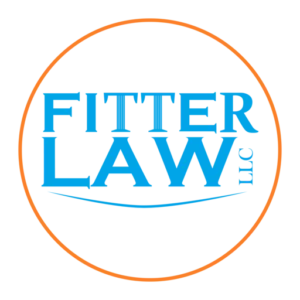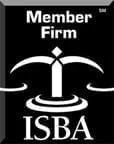Legal Definition of Misconduct: Understanding Improper Behavior
As a business owner, it is crucial to have a clear understanding of the legal definition of misconduct. Misconduct refers to improper behavior or conduct that either breaks a law or goes against established practices. It is essential to recognize and address misconduct promptly to maintain a healthy and ethical work environment.
Examples of Misconduct
Misconduct can manifest in various forms, and it is important to be aware of the different types that may occur within your organization. Some common examples of misconduct include:
1. Fraud: Engaging in deceptive practices, such as misrepresenting financial information or falsifying records, with the intention of gaining personal or financial benefits.
2. Harassment: Creating a hostile work environment through unwelcome behavior, such as sexual harassment, bullying, or discrimination based on race, gender, or other protected characteristics.
3. Theft: Unauthorized taking or use of company property, including theft of physical assets, intellectual property, or confidential information.
4. Violation of Policies: Disregarding company policies and procedures, such as breaching confidentiality agreements, violating safety protocols, or engaging in conflicts of interest.
5. Substance Abuse: Showing up to work under the influence of drugs or alcohol, which can impair judgment, performance, and pose a risk to the safety of oneself and others.
The Importance of Addressing Misconduct
Addressing misconduct within your organization is crucial for several reasons:
1. Legal Compliance: By promptly addressing misconduct, you ensure that your business operates within the boundaries of the law, reducing the risk of legal consequences and potential lawsuits.
2. Maintaining a Positive Work Environment: Misconduct can create a toxic work environment, leading to decreased employee morale, productivity, and retention. Addressing misconduct promptly helps foster a positive and respectful workplace culture.
3. Protecting Your Reputation: Failure to address misconduct can damage your business’s reputation, both internally and externally. It may deter potential clients, partners, and employees from associating with your company.
4. Preventing Escalation: Ignoring misconduct can allow it to escalate, potentially causing more significant harm to individuals, the organization, and its stakeholders. Addressing misconduct early on can prevent further negative consequences.
Understanding the legal definition of misconduct and its various forms is essential for business owners. By recognizing and promptly addressing misconduct, you can ensure legal compliance, maintain a positive work environment, protect your reputation, and prevent further escalation. Remember, fostering a culture of integrity and ethical behavior is key to the long-term success of your business.
Connect with a Fitter Law Attorney




